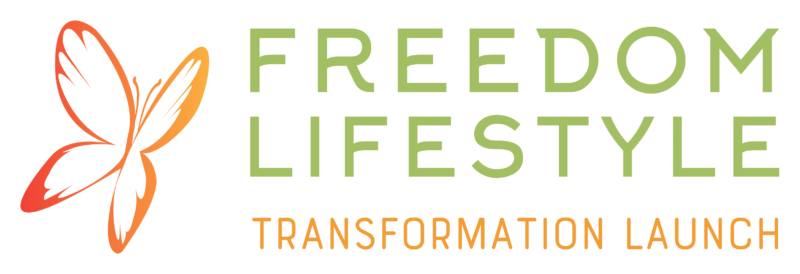Privacy Policy
Last Updated: May 11th 2025
Welcome to freedomlifestyle.life (“we”, “us”, or “our”). Your privacy is important to us, and this Privacy Policy explains how we collect, use, disclose, and protect your information when you visit our website.
1. Information We Collect
We may collect the following types of information:
Personal Information (only when voluntarily submitted):
•Name
•Email address
•Comments or messages you send us
Non-Personal Information:
•Browser type
•Device information
•IP address
•Pages visited and time spent on site
•Referring website
We use cookies and similar technologies to improve your experience on our website.
2. How We Use Your Information
We may use your information to:
•Respond to inquiries or comments
•Send newsletters or updates (if you’ve subscribed)
•Improve our website functionality and user experience
•Analyze site traffic and usage patterns
We do not sell, rent, or trade your personal information to third parties.
3. Third-Party Services
We may use third-party services (like Google Analytics or newsletter platforms) that collect, monitor, and analyze data to improve our site. These services have their own privacy policies.
4. Your Choices
You may:
•Disable cookies in your browser settings
•Unsubscribe from our emails at any time
•Contact us to request access, correction, or deletion of your personal data
5. Data Security
We implement reasonable measures to protect your information, but please understand that no method of transmission over the internet is 100% secure.
6. Children’s Privacy
This website is not intended for children under the age of 13. We do not knowingly collect personal information from children.
7. Changes to This Policy
We may update this Privacy Policy periodically. The “Last Updated” date at the top will reflect the latest changes. Your continued use of the site after changes constitutes acceptance.
8. Contact Us
If you have any questions about this Privacy Policy, please contact:
Freedom Lifestyle
Email: hello@freedomlifestyle.life



 Eating beetroot during pregnancy is simple and highly beneficial. The safest way is to eat it fresh, either raw or cooked. Raw beetroot slices make a crunchy snack, while steaming or roasting preserves the nutrients. Avoid boiling it too long since this lowers its vitamin content.
Eating beetroot during pregnancy is simple and highly beneficial. The safest way is to eat it fresh, either raw or cooked. Raw beetroot slices make a crunchy snack, while steaming or roasting preserves the nutrients. Avoid boiling it too long since this lowers its vitamin content.


